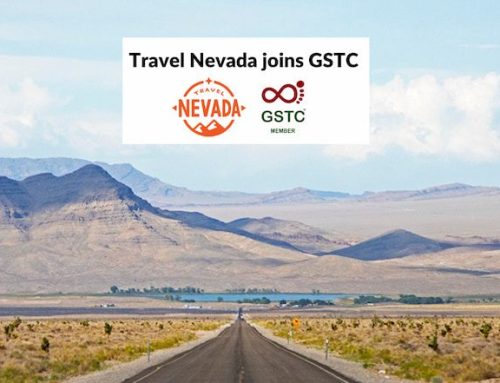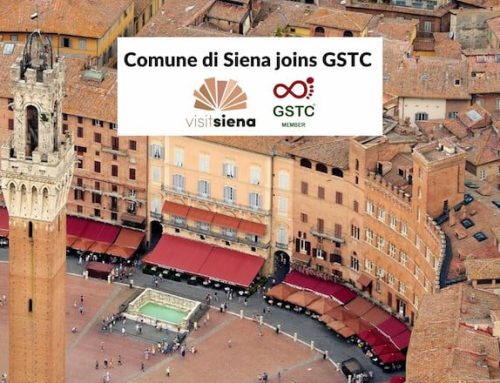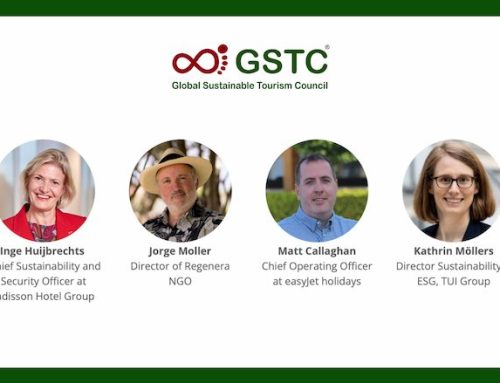
“We are on the cusp of seeing the impact that sustainable travel can have on a much broader scale,” ITA Executive Director Kelley Louise said. “Our biggest hurdle is in reaching beyond the niche that sustainability currently exists within the travel industry and engaging the average traveler.”
The good news: the market is receptive to change.
“This really is a watershed moment for the travel industry, where there is indisputable evidence of travelers’ preferences for destinations and travel companies that are committed to sustainability,” said Laura Mandala, CEO of Mandala Research and former member of the U.S. Department of Commerce Travel and Tourism Advisory Board. “With 60 percent of all leisure travelers having taken a sustainable trip the time has come for more in the industry to adopt policies travelers care about.”
In the 66-page study, Impact Travel Alliance aims to empower all sides of the travel industry in its goal to mainstream sustainable tourism. The nonprofit developed three core principles, each of which has its own set of actionable ideas, in an effort to outline steps toward making attainable progress.
1) Engage partners at both corporate and grassroots levels through storytelling, community and collaboration
2) Complement traditional business activities with sustainable offers and incentives
3) Embrace technology that has changed the way consumers engage with brands
The study also outlines tactics that can be or have been used in pursuit of each principle. Tactics range from creating more awareness around greenwashing and greenhushing to investigating emerging technologies like blockchain, as well as specific marketing approaches based around transparency, authenticity and a stickiness factor. Travel businesses already employing some tactics are highlighted, such as Kind Traveler’s ambassador program; Royal Caribbean’s Save the Waves program, Booking.com’s Booking Booster program; JetBlue’s report on the ROI of Sustainability and more. Some tactics are framed as direct asks, such as to expand, amplify and invest in the Global Sustainable Tourism Council’s efforts and to invest in programs that foster innovation.
The tactics addressed are further categorized on a quadrant based on reach and implementation. Tactics with a broad reach and singular capability for implementation are named “Power Play;” those with a broad reach that take a coordinated industry effort are deemed “Mass Evolution.” Tactics that have a more narrow focus and need coordinated industry effort are called “Groundswell;” and those with a narrow focus and singular capability are named “Individual Impact.” The quadrant is meant to be used as a tool for all sides of the industry – from individuals to small businesses and corporations – to be able to identify specific action items relevant to their own organizations.
“The Thought Leadership Study is not only a report; it’s a guidebook and a call to action,” Louise said. “We’re asking our community to rally around these principles and the tactics that are the most relevant to them, and make a promise to use them to build realistic plans with finite timelines.”
The full thought-leadership study is available online at ImpactTravelAlliance.org/thought-leadership-2018.
Many of the study’s solutions stemmed from the design-thinking session, led by Community By Design during the 2017 Impact Travel Global Summit, an event which gathers 150 of the most innovative minds in the travel industry. ITA strives to incubate ideas in this setting that can be processed and shared across the entire travel sector. The study also synthesizes a year’s worth of conversations and interactions that ITA had with its chapters around the world, peers in other organizations focused on sustainability, and with the content creators, tour operators and professionals in the travel industry.




